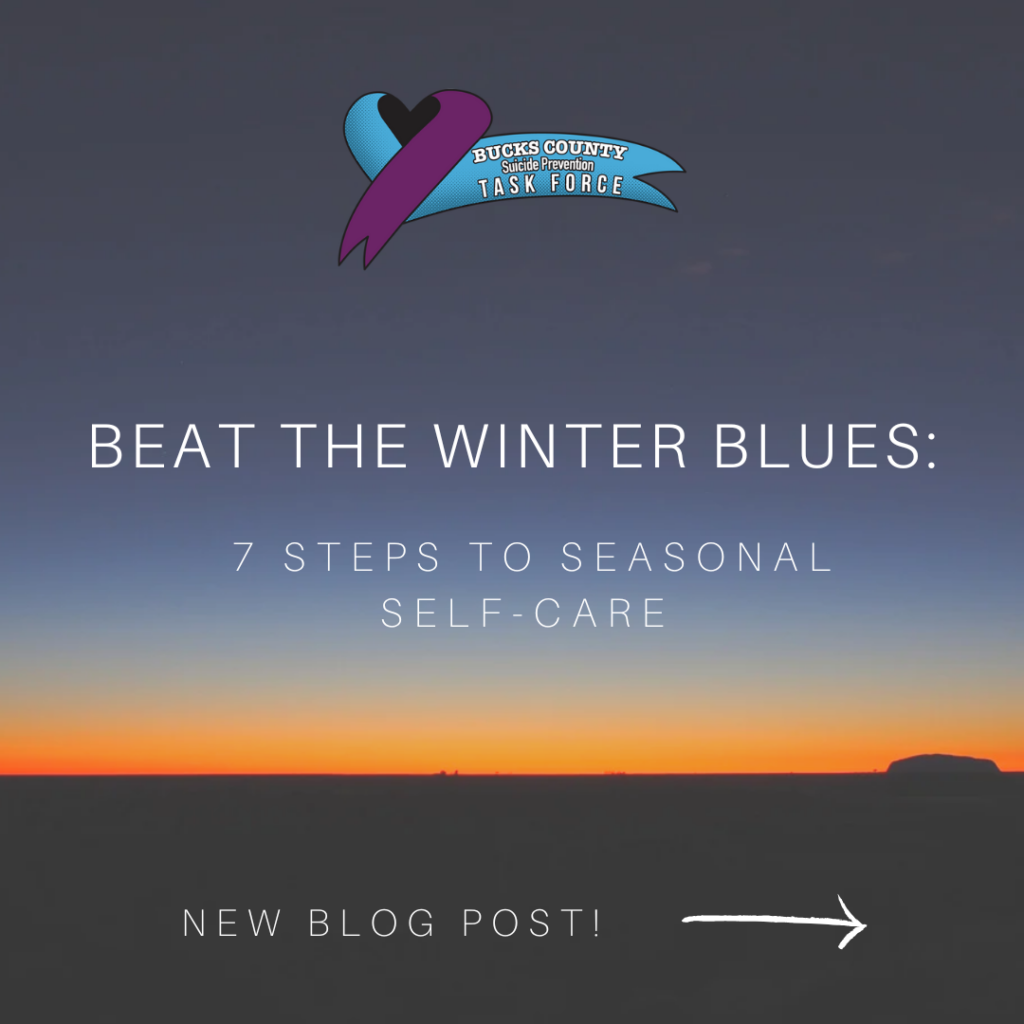As the temperature drops and the days grow shorter, many of us experience a dip in mood and energy known as the “winter blues.” While not as severe as Seasonal Affective Disorder (SAD), which requires professional attention, the winter blues can still leave you feeling lethargic, unmotivated, and emotionally drained. However, with the right self-care strategies, you can effectively combat these feelings and enjoy the colder months.
Here’s a seasonal self-care guide to help you beat the winter blues.
- Let in the Light
One of the primary culprits behind the winter blues is the lack of sunlight during the darker months. Sunlight regulates our circadian rhythm, affects our sleep patterns, and triggers the release of serotonin, the hormone that makes us feel happy.
To counter this, maximize your exposure to natural light whenever possible. Open your blinds or curtains during the day to let in as much light as possible. Try to get outside during daylight hours, even if it’s just for a brief walk. Research shows that just 10-15 minutes of sunlight a day can make a difference. If natural light is hard to come by, consider investing in a light therapy lamp, which mimics natural sunlight and helps regulate your body’s internal clock.
- Stay Active
Physical activity is a powerful mood booster. Even though the cold weather may make you want to curl up on the couch with a blanket, staying active is crucial to combating the winter blues.
Find a form of exercise that you enjoy and can stick with throughout the season. Whether it’s indoor yoga, a spin class, or simply bundling up and going for a brisk walk outside, staying physically active will keep both your body and mind healthy. If outdoor activities are appealing, winter sports like skiing, snowboarding, or ice skating can add a fun seasonal twist to your routine while keeping you active.
- Eat for Your Mood
What we eat can have a significant impact on how we feel, especially during the winter. Cold weather often leads to cravings for comfort foods, which are typically rich in carbohydrates and sugar. While these foods might provide a temporary mood lift, they can also lead to energy crashes and make you feel worse later.
Focus on a balanced diet that includes plenty of fruits, vegetables, whole grains, lean proteins, and healthy fats. Foods rich in omega-3 fatty acids, such as salmon, walnuts, and flaxseeds, have been shown to improve mood and reduce symptoms of depression. Vitamin D is also crucial in the winter months, as many people are deficient due to lack of sunlight. Always consider talking to your doctor first about taking vitamin supplementation if needed.
- Practice Mindfulness and Meditation
The winter blues often come with feelings of stress, anxiety, and irritability. Practicing mindfulness and meditation can help you stay grounded and reduce these negative emotions. Mindfulness involves focusing on the present moment and accepting it without judgment, while meditation helps calm the mind and reduce stress.
Try deep breathing exercises, guided meditation apps, or simply taking a moment to reflect on things you are grateful for each day. These practices can improve your mental well-being and help you stay centered during the darker months.
- Stay Socially Connected
Winter often makes us want to hibernate and avoid social interaction, but staying connected with loved ones is essential for mental health.
You don’t need to plan elaborate events to stay connected—simple activities like having a virtual coffee with a friend, attending a small social gathering, or even just chatting on the phone can provide a sense of comfort and belonging. Human connection is a powerful antidote to the winter blues.
- Prioritize Sleep
The shorter days and longer nights can disrupt your sleep cycle, leaving you feeling tired and sluggish. Establishing a regular sleep routine is critical to maintaining your energy levels and mood during the winter months. Aim for 7-9 hours of sleep each night and go to bed and wake up at the same time each day, even on weekends.
Create a calming bedtime routine to signal to your body that it’s time to wind down. This might include activities like reading, taking a warm bath, or practicing relaxation techniques. Avoid screens and bright lights before bed, as they can interfere with your body’s production of melatonin, the hormone that regulates sleep.
- Embrace the Season
Rather than resisting the cold and darkness, try to find joy in the winter season. Embracing winter activities, decorating your home with cozy elements like blankets and candles, or indulging in seasonal traditions like baking or crafting can help you create positive associations with the colder months. By shifting your mindset, you may discover that winter has its own unique charms.
The winter blues are a common challenge, but with the right self-care strategies, you can thrive during the colder months. By embracing the season and caring for your mind and body, you can beat the winter blues and enjoy the coziness that winter brings.
If you are looking for additional support for yourself or a loved one having a mental health crisis, you can call the Bucks County Mental Health Crisis Line: 800-499-7455. Find more local resources on our website at https://holdonyoumatter.com/suicide-prevention-resources/.

